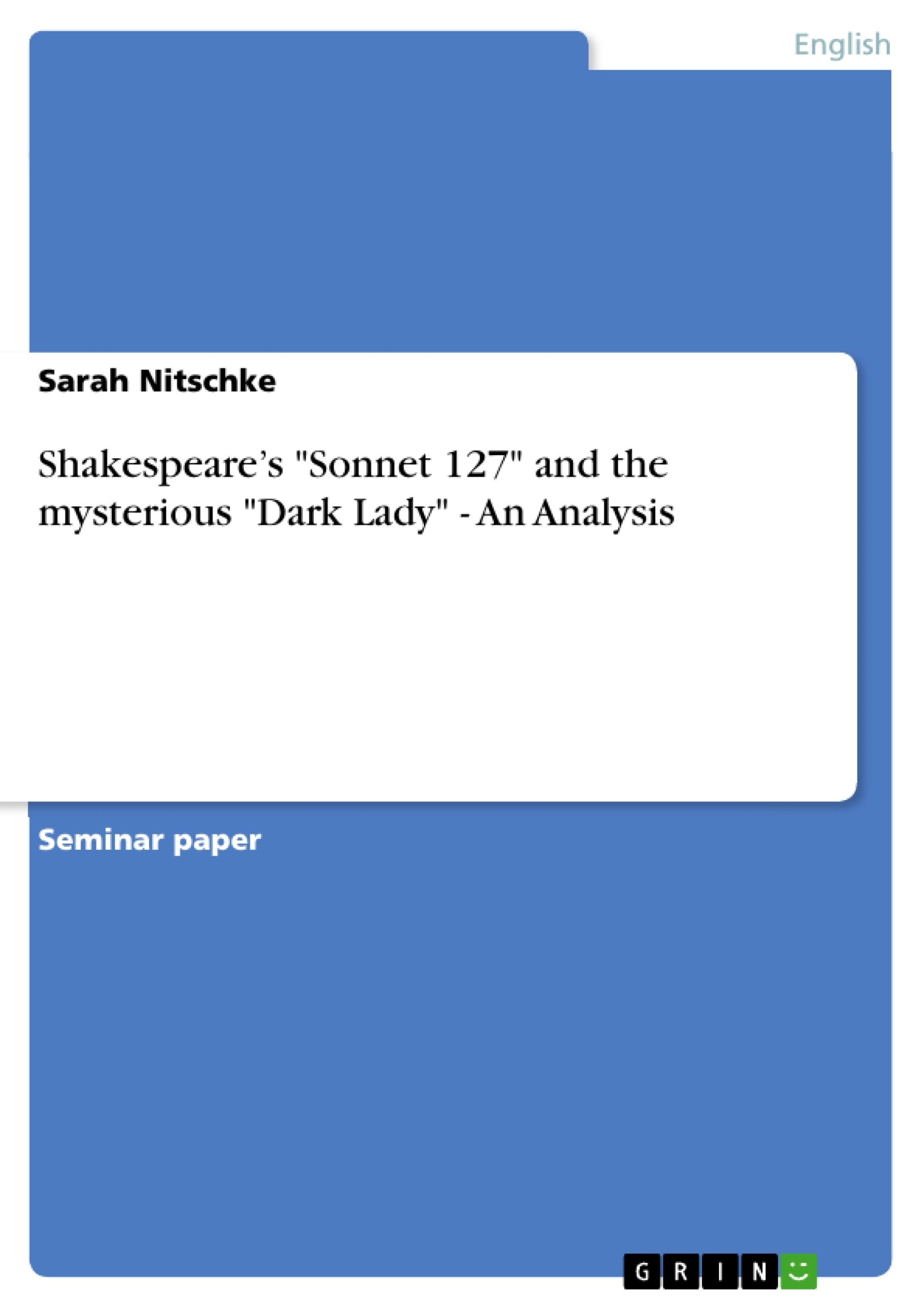
Marcus Frilette Aimee Busquet ENC 1102 February 6 2016 An Analysis of. Poems by Billy Collins.

Sonnet by Billy Collins.
Billy collins sonett. Billy Collins and Sonnet. Sonnet is a witty tongue-in-cheek poem that sends up the traditional forms of the sonnet by pretending to be a sonnet itself. Collins pokes fun at the disciplines involved in the creation of the typical romantic sonnet be it Petrarchan or Shakespearean.
February 1999 D Berry Mark Bibbins Randy Blasing Neil Carpathios Billy Collins Stephen Dunn Rhina Espaillat Joseph Hutchison Fleda Jackson Rodney Jones. American Sonnet by Billy Collins is a seven stanza poem that is divided into sets of three lines known as tercets. These tercets do not follow a specific rhyme scheme and aside from the first stanza all the lines appear to be around the same length.
Even while pushing back against the traditional sonnet forms it makes use of a number of poetic techniques within American Sonnet. Sonnet - Billy Collins All we need is fourteen lines well thirteen now and after this one just a dozen to launch a little ship on loves storm-tossed seas then only ten more left like rows of beans. How easily it goes unless you get Elizabethan and insist the iambic bongos must be played and rhymes positioned at the ends of lines.
Billy Collins reads his poem sonnet with onscreen words. Note he does ad lib part of the original poem but I kept the word of the original intact. Sonnet All we need is fourteen lines well thirteen now and after this one just a dozen to launch a little ship on loves storm-tossed seas.
He clearly wants sonnets to focus on other important things than love. He wants the content to be wide-spread in every direction and not to always stick to the same thing over and over again. Billy Collins moves on with his revolution of the sonnet forms in a very figurative way.
Sonnet Billy Collins Analysis. 775 Words 4 Pages. Marcus Frilette Aimee Busquet ENC 1102 February 6 2016 An Analysis of.
Billy Collins Sonnet All we need is fourteen lines well thirteen now and after this one just a dozen to launch a little ship on love s storm-tossed seas then only ten more left like rows of beans. Sonnet All we need is fourteen lines well thirteen now and after this one just a dozen to launch a little ship on loves storm-tossed seas then only ten more left like rows of beans. How easily it goes unless.
Sonnet by Billy Collins. Fri 6 Jun 2008 1915 EDT. All we need is fourteen lines well thirteen now and after this next one just a dozen.
To launch a little ship on loves storm. Billy Collins however decided to go a different route in his poem Sonnet His poem is a lesson about the sonnet and how he believes the form needs to change. He does this by explaining the different forms of a sonnet by adding in characters to support his claims and by using figurative language to emphasize the changes he believes need to be made.
A annotated version of Sonnet by Billy Collins. Poems by Billy Collins. Born William James Collins March 22 1941 is an American poet appointed as Poet Laureate of the United States from 2001 to 2003.
Billy Collins through his word choice and individualistic style as well as through his reference to influential people effectively expresses his disagreements and criticisms of the sonnet. He contradicts common elegance typically found in this type of writing opting instead to express his opinions in common every day language. Structure in SonnetIn his poem Sonnet Billy Collins uses the petrarchan method to carry his reader through the creation of a sonnet.
He takes his reader line by line through all fourteen lines explaining metaphorically the complexity and conflicts that are contained in the octave. Sonnet - Billy Collins All we need is fourteen lines well thirteen now and after this one just a dozen to launch a little ship on loves storm-tossed seas then only ten more left like rows of beans. How easily it goes unless you get Elizabethan and insist the iambic bongos must be played and rhymes positioned at the ends of lines.
Billy Collins American Sonnet April 5th 2013. This week our poetry selections have explored singing the American experience. Todays poem also takes up this subject though from a different vantage point.